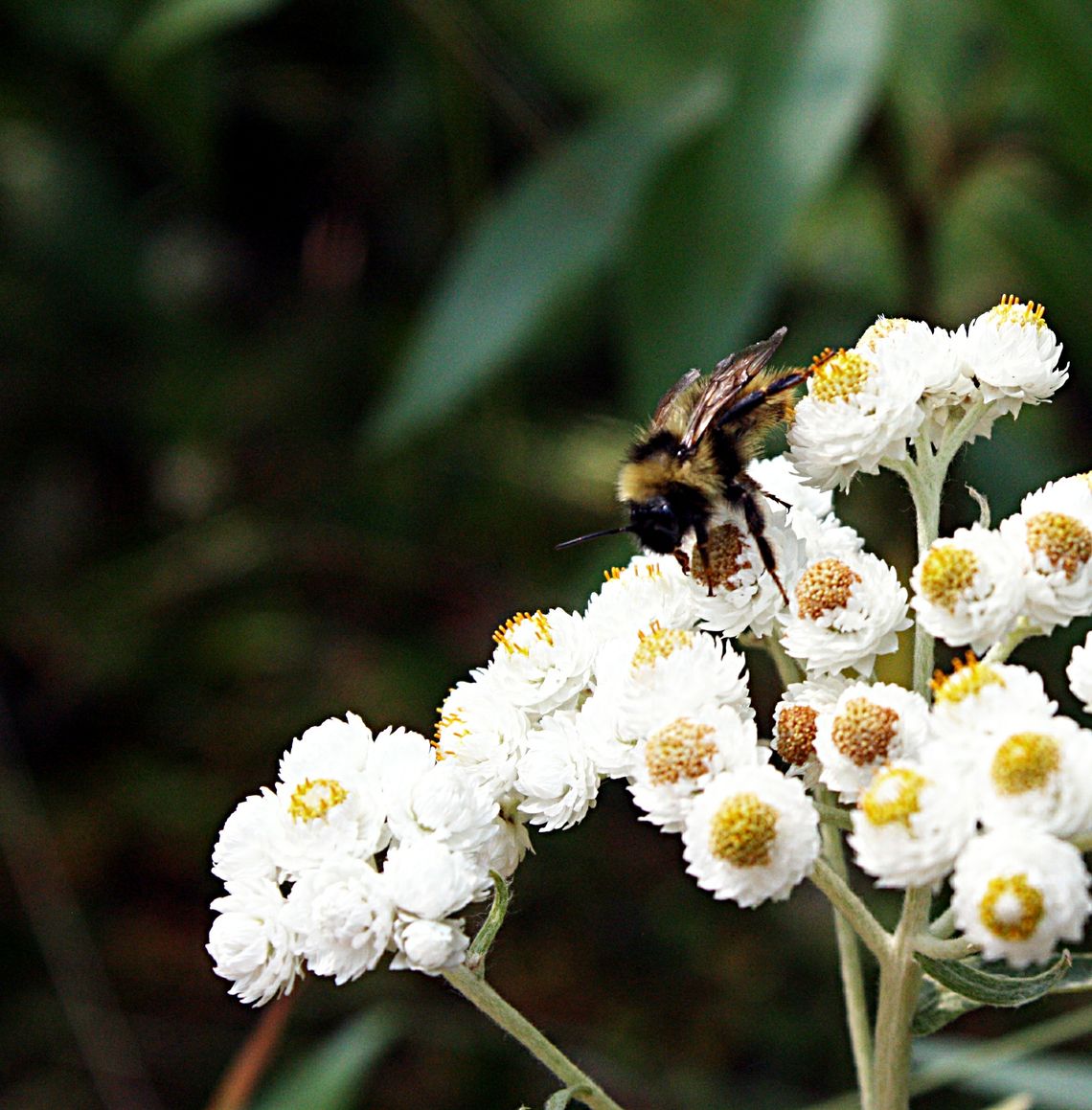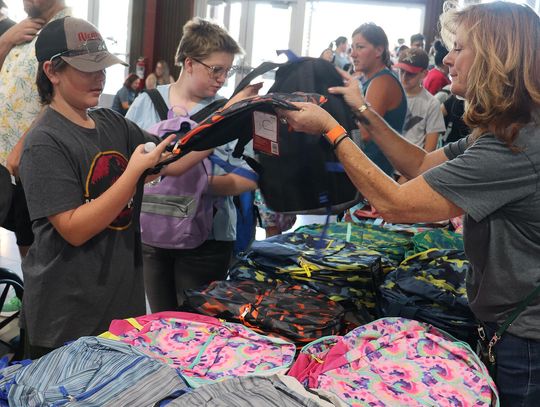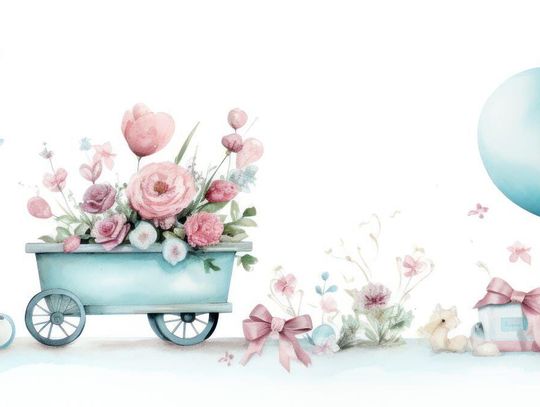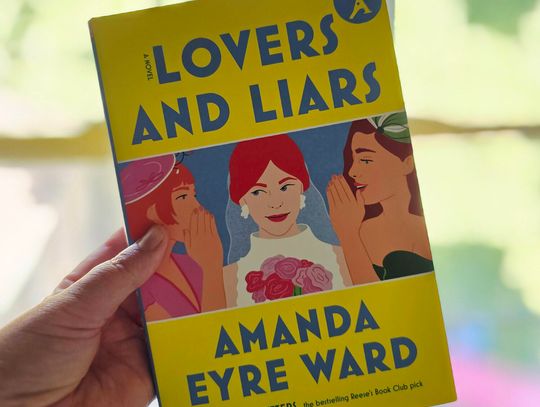Why Didn't My Plants Set Fruit
- 02/03/2019 06:39 AM (update 04/10/2023 11:09 PM)

By Edith Isidoro-Mills --
Last fall at a local event, two people asked why cantaloupes and eggplants set very few fruit. Being asked this question made me feel not alone in my observations over the past few years. I too have noticed my tomatoes are not setting as heavily as in the past and they are starting to set fruit later in the season. At the time I answered climate change could be a factor. Since then, a news story about research finding a commonly used herbicide may be indirectly responsible for bee deaths. Both could be factors as one affects a flower’s responsiveness to pollination and the other affects the availability of pollinators. Either may be difficult for gardeners to change immediately but it is possible for gardeners to get their vegetables to set fruit.
In order for a plant to produce fruit, the flower must be ready to accept pollen and the transmitter of pollen (insects or wind) must be present. Climate, such as humidity, air temperature, and even concentration of carbon dioxide can affect a flowers readiness to accept pollen. In order for a flower to be receptive to pollination it must be turgid (not wilted) and have the stigma exposed or reachable by the pollinator. In order for a plant to produce fruit, the pollen must travel from the stigma through the style to the ovules in the ovary (for a diagram of floral anatomy). The passage that allows pollen to travel through the style to the ovules closes in wilted flowers. Both excess heat and water stress can wilt flowers. Researchers have also found that heat stress and water stress can affect pollen viability and reduce the production of pollinator attracting nectar (this is a technical article).
The other part of pollination is the pollinator. For most of your garden vegetables and fruits, this involves some species of insect. There are many insects, from butterflies to ants to bees, known to pollinate flowers. Even some birds like hummingbirds also pollinate flowers. You might think that if one pollinator becomes extinct, another could substitute. Unfortunately, plants and pollinators are often very specific as to the species they interact with and that is because the evolved together and their anatomies were affected by this evolution. In some cases, there is some overlap but when it comes to our fruits and vegetables it appears bees are critical.
In recent years, beekeepers have been noticing their bees dying or disappearing. The deaths of these bees, usually is attributed to Virroa virus. This past fall the news said some researchers in Texas have now linked a commonly used herbicide to colony collapse as well. The herbicide is glyphosate or RoundUp and it weakens the immune system of bees making them more susceptible to Virroa and other pathogens that attack bees. This herbicide is widely used in our valley for weed control in RoundUp-ready-corn to killing weeds along ditch banks. Even homeowners have ready access to this herbicide and use it in their gardens.
Solving the environmental issues I've mentioned may seem impossible and certainly not something that is going to be solved in one growing season but gardeners do have tools to get around poor pollination conditions. First, make sure your vegetable plants, fruiting bushes, and trees are not water stressed. The other means of getting flowers pollinated is to do it yourself.
Yes, plant breeders have been doing this for years and you can start pollinating your garden plants too if you notice they are not setting fruit. Most Solanaceae (tomatoes, peppers, and eggplant) have perfect flowers and if you are not breeding them, simply tapping on the blossoms in the early morning hours will satisfactorily pollinate them. However, Cucurbits such as squash, cucumbers, and melons have imperfect flowers. Imperfect means some flowers produce only pollen and the others produce only ovules (male and female flowers). You will need to identify the pollen producing flowers and acquire pollen from them to brush on the stigma of the female flower. You can collect pollen using a small paintbrush or get a pollinating kit. Just do an Internet search and you will find many garden supply companies that sell pollinating kits.
Edith is happy to answer any gardening questions in future columns and can always be reached at [email protected]







Comment
Comments